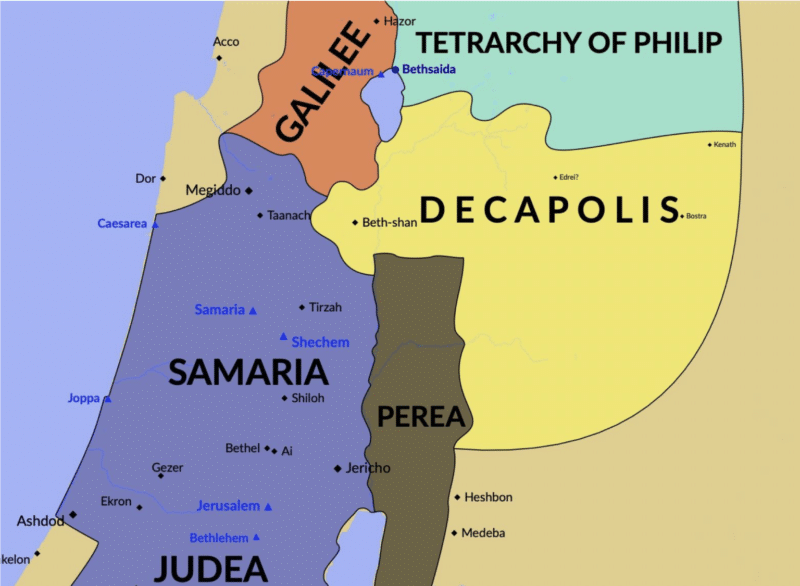September 11, 2022
Matthew 14:22-33
Dare We Trust Jesus?
One of the most well known miracles of Jesus took place on a stormy night when He walked out on the water to be with His disciples.
What really happened that night and what was the point of it all? Did Jesus actually walk on water? How did Jesus respond to Peter’s desire to walk out on the water with Him? Why did Peter begin to sink after just a few steps?
Join Pastor Jim as he helps us see what the point of the entire experience was and how it shows us the power of Jesus of Nazareth as the Son of God.


